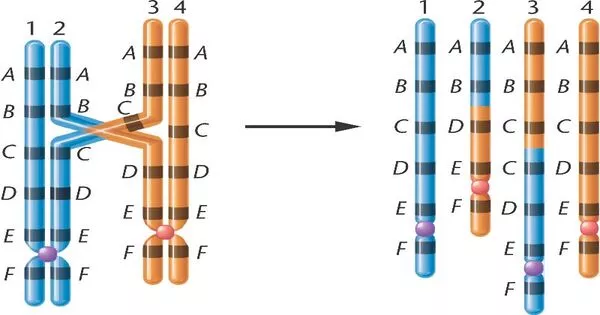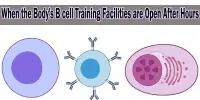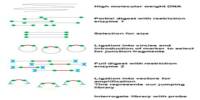Unequal crossing over is a genetic phenomenon that can occur during the recombination process. It is a type of gene duplication or deletion event in which a sequence in one strand is deleted and replaced by a duplication from the sister chromatid in mitosis or from the homologous chromosome in meiosis. Homologous recombination is a natural process that occurs when two homologous DNA sequences, such as those found on a pair of chromosomes, come into contact. It is a type of chromosomal crossover involving unpaired homologous sequences. It is essential for the preservation of genetic diversity and the repair of damaged DNA.
Misalignment between homologous chromosomes or sister chromatids can occur during unequal crossing over, resulting in unequal exchange of genetic material. Because of this misalignment, one chromatid or chromosome may gain more genetic material while the other loses some. As a result, the genetic material is distributed unequally between the two chromatids or chromosomes involved in the recombination event.
Normally, genes are in charge of the occurrence of crossing over. It exchanges sequences of different chromosomal links. Along with gene conversion, it is thought to be the primary driver of gene duplication and a source of mutation in the genome.
The effects of unequal crossing-over can differ. If it occurs in a region devoid of important genes or regulatory elements, it may have little or no effect. However, if it occurs in a region with functional genes, it can result in genetic variations with phenotypic consequences.
The formation of gene duplications or deletions is one notable example of the consequences of unequal crossing over. When there is an unequal exchange of genetic material due to misalignment, one chromatid or chromosome may have a duplication of a specific gene or genes, while the other may have a deletion of the same genes. Depending on the function of the affected genes, this can result in genetic disorders or phenotypic variations.
One of the mechanisms that contribute to genetic diversity and evolution is unequal crossing over. While unequal crossing over can result in genetic variations, not all instances of unequal crossing over have noticeable consequences, and many are likely to be silent or have only subtle consequences.
















